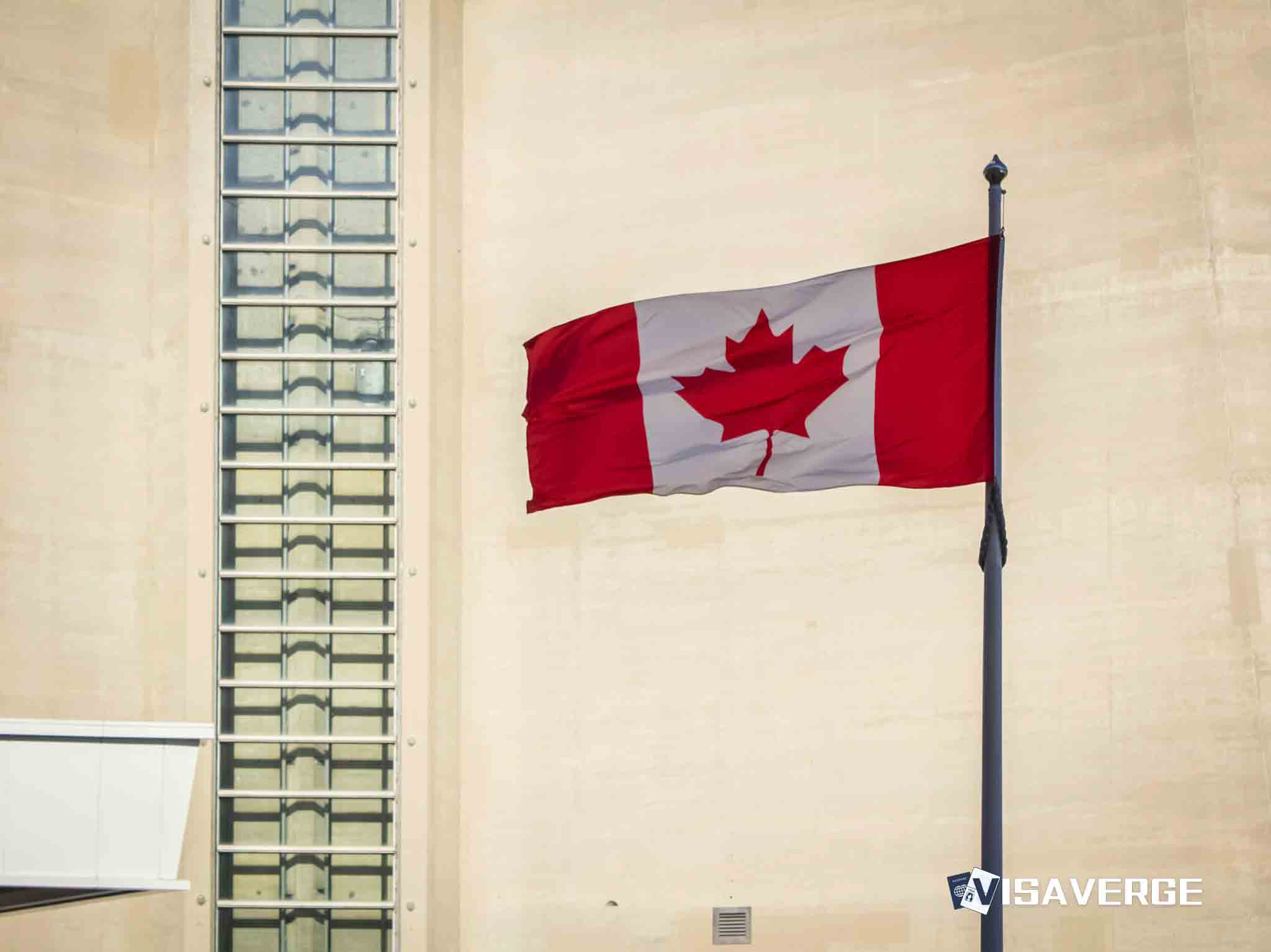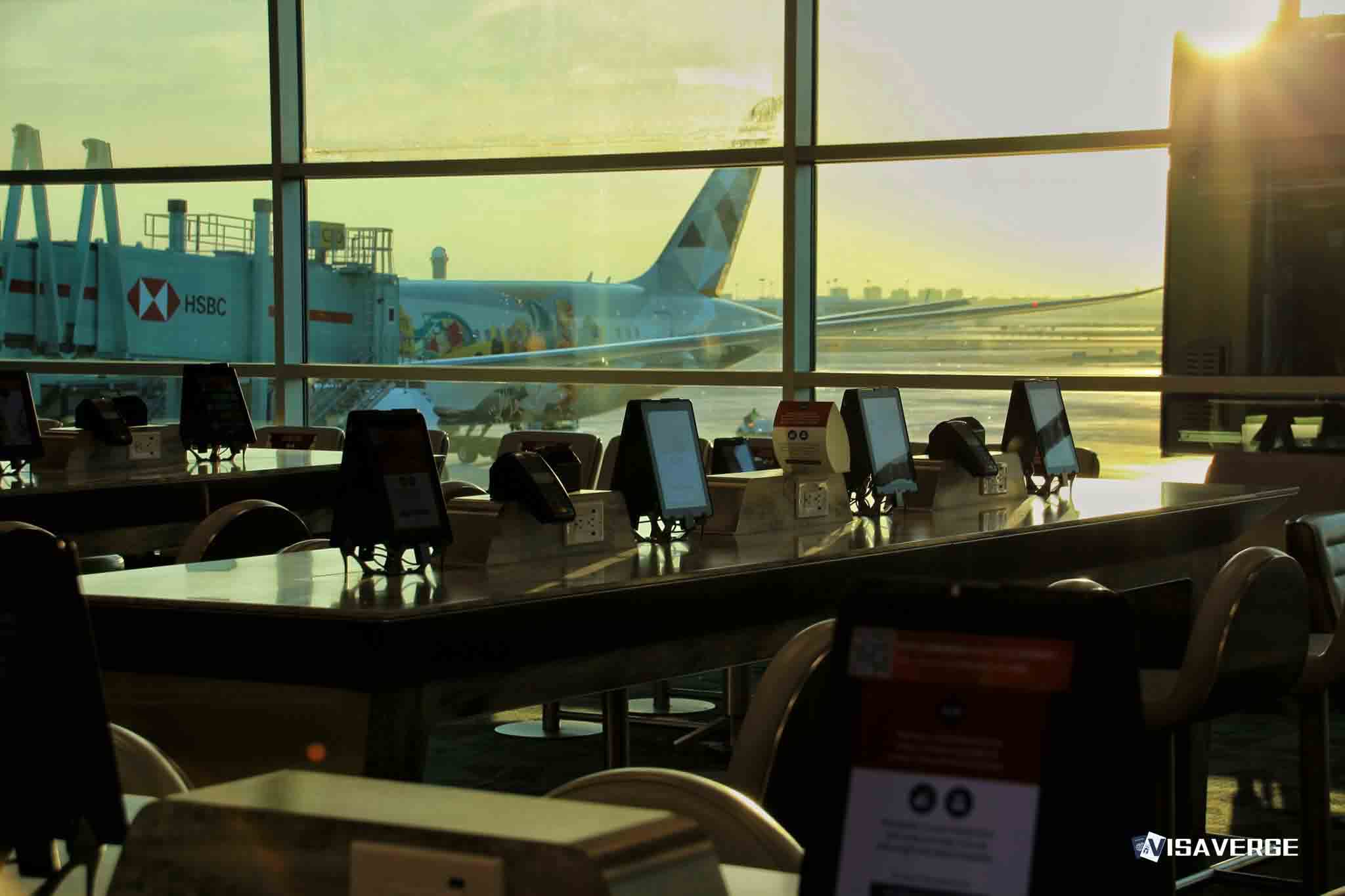(CANADA) A broad coalition of unions and rights groups launched the “We’re Better Together” campaign in Montréal on November 12, 2025, aiming to rally public support for immigrants and refugees while challenging politicians who frame newcomers as the cause of social and economic problems.
Led by the Canadian Council for Refugees (CCR), the effort gathers partners across the country and comes as federal debates intensify over measures that critics say would weaken refugee protections.

Launch and core message
Unveiled at 9 a.m. EST with the launch of the official site, BetterTogetherCanada.ca, the campaign seeks to show that a majority of Canadians support inclusive policies, even as anti-immigrant rhetoric grows louder.
Organizers say they will use new research and community storytelling to push back on calls to reduce immigration levels or cut funding for settlement services.
“Blame and hate towards immigrants and refugees in Canada is increasing, while government support for newcomers is declining – this will not help build the Canada we need or want,” said CCR President Diana Gallego, adding that the project is meant to amplify support already present across the country.
“This new campaign gives voice to that support and sends a clear message to our political leaders: We are better together.”
Coalition partners and labor support
The coalition features unions, NGOs, and human rights organizations from coast to coast, with the Canadian Union of Public Employees (CUPE) playing a visible role.
CUPE’s National President Mark Hancock said the alliance was formed to counter efforts that pit communities against each other:
- “We must join together in support of a future where all families and workers can thrive,” he said.
- He urged leaders to avoid short-term political gains that come at the expense of refugees and immigrants who have long powered local economies and public services.
Focus and tactics
Organizers describe a simple core message: We’re Better Together.
The campaign keeps the focus on the concrete contributions newcomers make in workplaces and neighborhoods and backs that up with data and lived experience. It promotes the view that immigrants and refugees are essential for Canada’s shared future, especially as communities face:
- Labor gaps
- Aging populations
- The need for innovation in key sectors
In practice, this means:
- Publishing stories from people who have built new lives in Canada.
- Providing facts that challenge myths about costs and crime.
- Asking Canadians to reject divisive politics.
Research informing the campaign
Behind the messaging is new polling commissioned by the CCR and partners, which surveyed more than 2,000 people across the country.
- The research informed the campaign’s approach and gave organizers confidence that public opinion remains more supportive than some headlines suggest.
- While detailed results were not released at the event, staff said the findings will feed ongoing outreach, including local events and digital campaigns designed to reach Canadians who are undecided or uneasy about immigration.
Policy backdrop and concerns
The immediate backdrop is a policy conversation that has turned sharper in recent months. Advocates point to Bills C-12 and C-2 as examples of proposals that, in their view, would militarize the border and roll back refugee protections.
- The CCR and allied groups argue such moves risk undermining the systems that helped Canada build a reputation as a safe place for people fleeing danger.
- Former immigration minister Lloyd Axworthy has warned these policy shifts could harm that reputation and weaken Canada’s ability to welcome those in need.
Campaign leaders stress they are not calling for a pause on debate, but for a fair conversation that reflects facts and lived reality. They argue refugees who arrive through resettlement programs and asylum systems:
- Go through careful screening
- Contribute quickly to local communities when given stable footing
For official information about protections and programs, organizers point readers to the Government of Canada’s IRCC refugee services page, which explains how resettlement, asylum claims, and support services work at the federal level.
Community safety and public tone
At the launch in Montréal, speakers tied the campaign to worries about rising harassment against people perceived as newcomers, particularly during times of economic stress.
- Several attendees shared accounts of settlement agencies seeing more clients report hostile encounters on public transit and in workplaces.
- Community workers said the tone online is also hardening.
By centering statements from unions and human rights groups, the campaign aims to connect labor concerns—like fair wages and safe workplaces—with the well-being of immigrants and refugees, noting many newcomers fill essential roles in:
- Health care
- Construction
- Public services
Tools and local mobilization
The coalition plans to distribute tools that local groups can use immediately, including:
- Fact sheets
- Sample messages
- Simple guides for hosting community conversations
Organizers said these resources are meant for people who may not think of themselves as advocates but want to push back when they hear false claims about refugees or see proposals to cut settlement funding.
According to analysis by VisaVerge.com, campaigns like We’re Better Together often build momentum by helping community leaders share real stories that counter political spin and keep the focus on solutions.
Policy aims
While the campaign concentrates on public opinion, it also sets out clear policy aims:
- Protect and strengthen refugee systems
- Resist efforts to shrink immigration targets without evidence
- Maintain support for housing, language training, and employment programs that help newcomers settle
Organizers argue these investments benefit everyone by easing labor shortages and speeding up integration. They hope provincial and municipal leaders will align with that message, especially in cities seeing rapid growth and tight housing markets.
Long-term strategy and measures of success
In interviews after the launch, CCR members said they are proud of Canada’s history as a welcoming country but worry that reputation can be fragile. They emphasized that pushback against anti-immigrant talking points will be steady, not just a one-day announcement.
- The Montréal event was the start of a national schedule, with community groups planning meetings, public forums, and digital outreach to keep the message visible.
- Supporters say they want to show that the phrase We are better together is more than a slogan—it is a reminder of how Canada 🇨🇦 has grown and thrived.
Organizers framed success not only by policy wins but by everyday moments:
- A neighbor sharing a story at a community center
- A teacher using classroom material to explain why families flee
- A union steward checking in on a newcomer colleague
They believe such small actions, multiplied across the country, can shift the tone of the national conversation.
With the CCR at the helm and partners like CUPE lending their voice, We’re Better Together sets out to prove that support for immigrants and refugees is robust, and that it can be organized, measured, and heard in the halls of power and on the streets where people live.
This Article in a Nutshell
The Canadian Council for Refugees launched We’re Better Together in Montréal on November 12, 2025 to defend immigrants and refugees amid sharper policy debates. Supported by unions including CUPE, the campaign uses polling of over 2,000 people, community storytelling and data to counter anti-immigrant narratives and challenge proposals such as Bills C-12 and C-2. It provides fact sheets, sample messages and guides for local mobilization, aiming to protect refugee systems and maintain supports like housing and language training.







